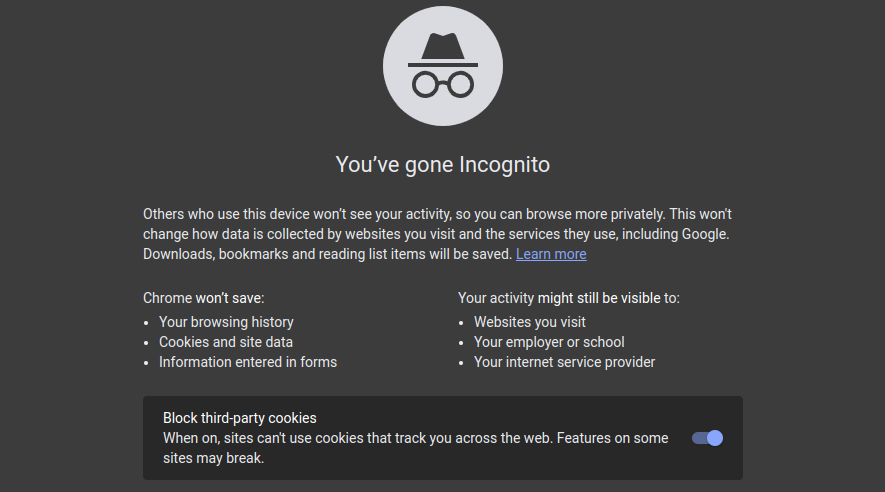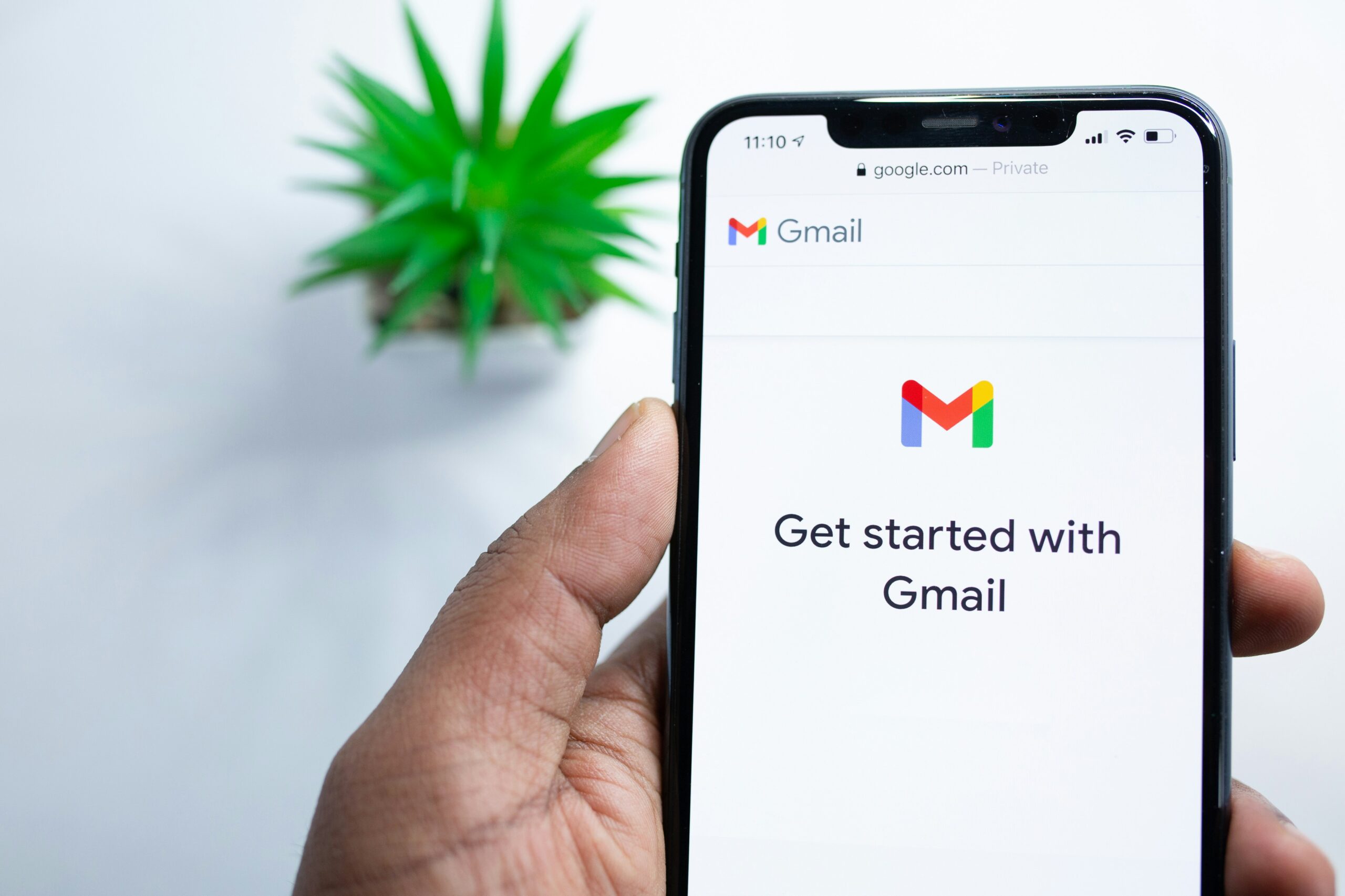In a groundbreaking move, Google has agreed to a monumental legal settlement, marking a significant step towards enhancing user privacy and accountability in the digital realm. The settlement, stemming from a class action lawsuit filed in the US in 2020, addresses allegations that Google violated user privacy by collecting data even when users were browsing in “private mode.”
The proposed settlement, valued at $5 billion, includes provisions that aim to revolutionize the way Google handles user data in its Incognito mode. Under the terms of the settlement, Google has committed to deleting billions of records and implementing restrictions on its tracking capabilities. This agreement comes after Google faced accusations of invading users’ privacy and tracking their online behavior without consent.
One of the key components of the settlement is the requirement for Google to provide greater transparency regarding its data collection practices in Incognito mode. This includes updating disclosures to accurately reflect the extent of data collection and tracking activities, thereby empowering users to make informed choices about their privacy.
Furthermore, Google has pledged to make significant changes to its browser, Chrome, to enhance user privacy. This includes automatically blocking third-party cookies for all Chrome users, regardless of whether they are browsing in Incognito mode or not. Additionally, Google has agreed to maintain this restriction on third-party cookies for a period of five years, ensuring sustained protection for users’ online activities.
The settlement also mandates the deletion of “hundreds of billions” of private browsing data records collected by Google. By eradicating this data and implementing strict privacy measures, Google seeks to restore trust and uphold its commitment to user privacy.
While Google has expressed support for the settlement, it vehemently denies any wrongdoing and insists that the lawsuit was meritless. Despite the absence of monetary damages for users, the settlement represents a significant victory for privacy advocates and sets a precedent for holding tech giants accountable for their data practices.
Legal experts view this settlement as a watershed moment in the ongoing debate over digital privacy rights. By forcing Google to address concerns related to user privacy and data collection, the settlement underscores the importance of transparency and accountability in the digital age.
However, the implications of this settlement extend beyond Google, highlighting broader issues surrounding data privacy and regulation in the tech industry. As big tech firms face increased scrutiny and legal challenges, the outcome of this landmark settlement could have far-reaching implications for the future of online privacy.
In conclusion, Google’s agreement to make significant changes to its Incognito mode and implement strict privacy measures represents a significant milestone in the ongoing battle to protect user privacy rights. While the road ahead may be fraught with challenges, this settlement signals a promising step towards a more transparent, accountable, and privacy-centric digital ecosystem.
Reported by Jyo and Edited by Benny





